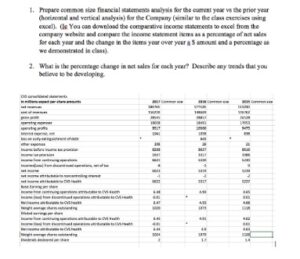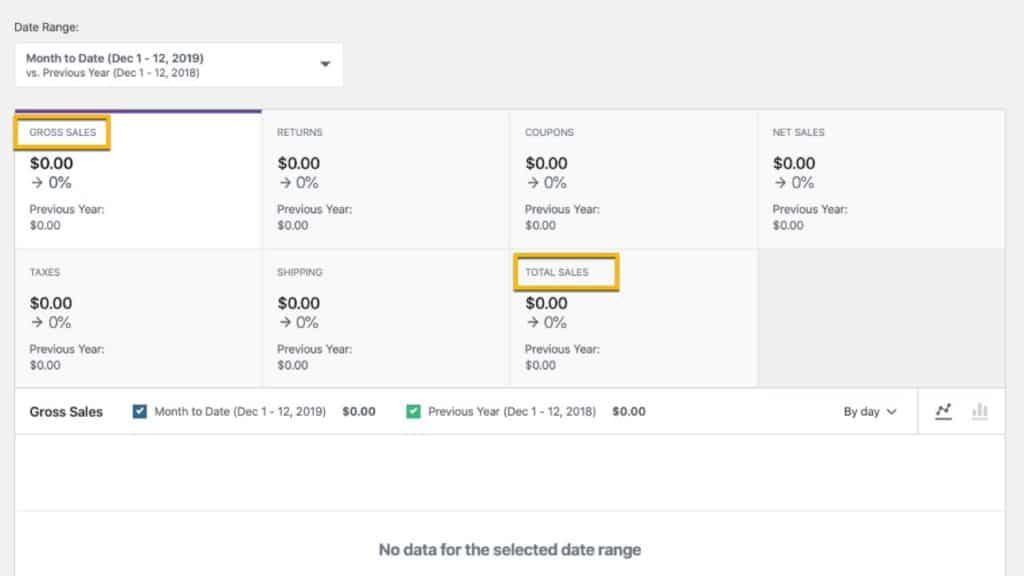Bookkeeping
Best Cloud Accounting Software Of 2024

Please see /about to learn more about our global network of member firms. If you’re like a lot of people, you immediately close out that distracting popup—and then you do that very same thing for the next several months. Before you know it, you’re operating with software that’s several versions behind (and, as a result, vulnerable to all sorts of threats and bugs). You’ll have a detailed log of the difference between expenses and losses all of your expenses, as well as all of the receipts you need to back them up. That’ll be especially helpful when tax time rolls around and you need to categorize your write-offs.
Compare Software Specs Side by Side
Providers often supply step-by-step guides or support to assist with migration. Understanding the costs and pricing options for cloud-based accounting software is essential for making an informed decision. Different plans cater to varying business sizes and needs, offering a range of features at different price points. Below, I have outlined the typical plan types, their average prices, and the common features included in each.
Key performance indicators (KPIs) are the main metrics you use to measure the performance of your business, and will be displayed in your accounting dashboard or business intelligence software. The collective term used to describe the suite of strategically-selected apps your business uses. Zoho Books is ideal for small-to-medium-sized businesses (SMBs) that want to take advantage of the platform’s large extensive business ecosystem. The Forbes Advisor Small Business team is committed to bringing you unbiased rankings and information with full editorial independence. We use product data, strategic methodologies and expert insights to inform all of our content and guide you in making the best decisions for your business journey. Terms, conditions, pricing, special features, and service and support options subject to change without notice.
Next Up In Business

The cloud accounting ecosystem allows for automated bookkeeping, automated cash collection and automated bank reconciliation, all of which radically cuts down on your team’s admin workload. In other words, the actual application was installed and run from the hard drive of your office desktop computer. This has a number of drawbacks, including limited access to your data, the need for constant software updates and the ongoing cost of backing what is a prepaid insurance expense up all this financial information.
Interested parties should not rule out a migration to the cloud simply because of perceived cost, but should instead consider the impact this shift could have on their organization overall. Early collaboration between CIO and CFO teams is an important step in finding the right cloud computing arrangement to suit a company’s financial objectives. What CIOs can do today is take action to work closely with their CFO and controllership organizations to plan the structure of their cloud computing contracts to meet certain accounting treatments.
The 7 Best Free Accounting Software for Small Businesses
It allows users to easily create invoices, manage projects, track expenses, track time, track loans and file taxes. Cloud accounting allows multi-user access and secure online storage on the cloud. Cloud technology might be a new term for various businesses, but it is the need of the time. SMEs and large-scale organizations can use cloud accounting software to streamline their financial management and other accounting tasks.
- VARs offer industry knowledge and local expertise, but their quality and costs can vary.
- For example, some users have reported the implementation process is time-consuming and challenging, even with support from Multiview.
- You can cut down on a number of costs, whether that be office rental or costly software updates.
- Xero is an affordable cloud-based accounting software system that is highly rated among small businesses.
There are cash flow forecasting apps, online invoicing apps, industry-specific project management tools and a host of other practical solutions to choose from. These tools enable you to further save time, reduce resourcing costs, identify problems further in advance, and generally ease the pain of unnecessary admin that’s weighing you down. Small businesses favor QuickBooks Online for its ease of use, cloud-based access, and ability to integrate with over 750 apps cash receipts journal example like Gusto, Shopify, Expensify, and Salesforce.
All whilst giving you an accurate view of your business’s bank balance. Using the open API in your cloud accounting platform to connect (or “integrate”) apps with your accounts. Paying your taxes is far quicker and simpler through a cloud accounting platform. Your transactions will be recorded as you go, and can then be swiftly exported into the relevant tax return templates and sent digitally to the revenue.
Improve your cash flow
The building of personalized dashboards allows every user to enjoy an at-glance view of the accounting infrastructure. Various critical accounting metrics can be made easier with customized solutions. Moreover, the addition of company-specific terminologies will make things easier. There is no need to download QuickBooks Online because it is connected to the cloud, which means you can access it from any device with an internet connection. You can download the QuickBooks Online mobile app from the Google Play Store or Apple App Store.

